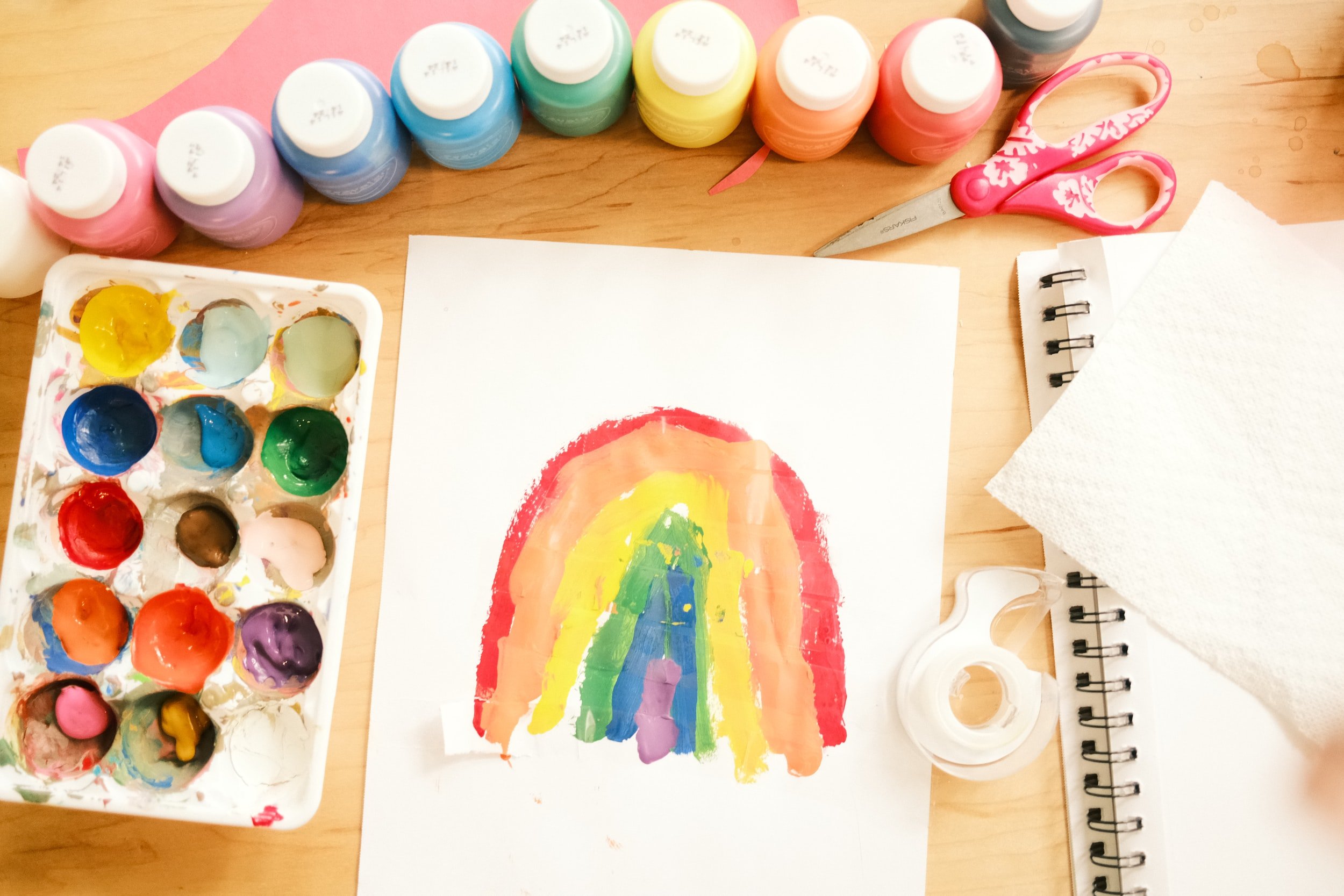Spring Break Tips For Parents
Spring Break can be an exciting time for parents and kids. It can be a nice time to get a break from some of the expectations from school and work. At the same time, once the initial excitement wears off it can also be a stressful time with everyone home together. Below are some helpful tips to increase structure and fun to ensure the break goes smoothly.
Create a Schedule
Kids are used to having extremely structured days during school and it can be difficult to all of a sudden have so much free time. This is when you will often hear kids say they are bored or don’t have anything to do. This doesn’t mean that you have to schedule out every minute of the day but have a somewhat loose structure for the day. This can really help kids who struggle with anxiety to know what to expect from the day.
The schedule may look a little different based on the ages of kids. For younger kids it may be helpful to have a schedule with visual cues throughout the day. For older kids this might include a calendar with some activities for the day written out.
Have kids help develop the plans for the week. This should include giving kids choices. This can be choices about when different activities take place in the day and choices in activities to include on the schedule. When kids help to develop the schedule there is more buy in and a higher likelihood they will follow the schedule.
Plan Activities
Putting in some planning ahead of time can really make a difference in the week. Try to plan some different activities for each day. These do not need to be expensive activities but it is nice to include some novel activities. Some time slots in the schedule might include an activity option where kids can choose from a few predetermined choices. An example might be choosing between making slime or painting.
I suggest coming up with at least one fun family activity for each day of the break. Coming up with the family activities can be a fun project on its own. Preferably each person would get to pick the family activity for a day. Parents can come up with some options ahead of time and allow kids to choose from those options or kids can suggest a new option. If parents are still working during the break, you might want to schedule the family activity for after dinner.
Don’t force kids to participate in the family activity. These are meant to be a fun time for the family to connect. If your child refuses to participate I’d suggest letting them know that they are welcome to join at any point and continue the family activity with the rest of the family. Kids will often want to join in when they see everyone having fun.
Have Clear Expectations
Make sure that you develop and communicate clear expectations for everyone. Having clear expectations is always helpful because it lets everyone know what is expected from them. Prior to the different activities make sure that everyone is clear on the plan. You will want to include information on when the activity will take place, approximately how long the activity will last, and what the plan is for after the activity. This can decrease anxiety for children that are anxious and don’t like surprises and help with transitions. You will also want to develop clear expectations on behavior and what happens if those expectations are not followed.
Natural consequences are generally more effective than punishments because they teach cause and effect. We don’t know exactly what issues will come up but it can be helpful to think through some common issues and come up with natural consequences to those common issues. This can be helpful because it can be difficult to think of a response and respond appropriately in the moment since parents often become escalated during behavioral outbursts as well.
Try to avoid threatening to take away the family activity as a result of behavioral issues. Instead try to use natural consequences related to the behavior. On days where children are having troubles it is even more important to have family activities to build connection. The family activity is not a reward for bad behavior but more so a repair after a difficult interaction. It can be helpful for kids to get the message that they are loved even after some of their most difficult behaviors.
Give Transition Warnings
Give plenty of time for transition warnings. Don’t wait until it is time to leave to let everyone know it is time to go. Try giving countdowns such as 30, 15, 10, and 5 minute warnings. It can also help to do some preparation ahead of time so that you don’t feel like you are in such a rush. If you are planning to go to the water park, maybe have everyone pack their bag the night before. This also allows for a built-in transition warning for what you will be doing the next day.
Give Yourself Grace
Give yourself and your family a lot of grace. Change in routines can be difficult. There will be times when your kids do not follow the expectations. There will also be times when parents do not have the best response. No one is perfect. You will mess up and that is ok. When we mess up we get an opportunity to practice apology.




